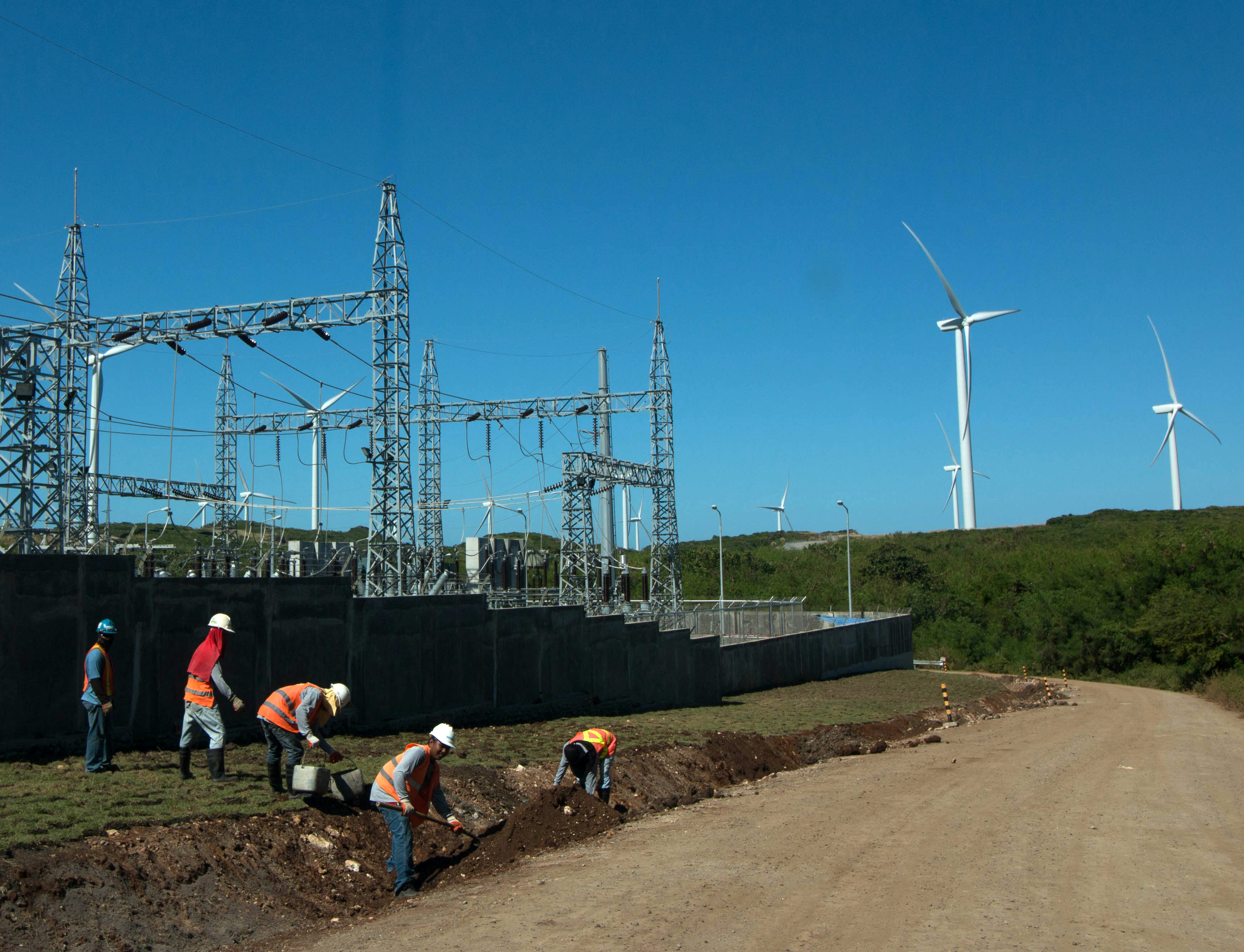 Among Rodrigo Duterte's promises of change, tho one that strongly resonates with the electorate is the assurance of genuine upliftment of working class life: lower taxes, job creation and security, and a better economy and economic opportunities.
Among Rodrigo Duterte's promises of change, tho one that strongly resonates with the electorate is the assurance of genuine upliftment of working class life: lower taxes, job creation and security, and a better economy and economic opportunities.
While this may all sound well and good, the real test will come with the actual implementation and specific policies of the incoming administration that, frankly, at this point either sound muddled or are absolutely absent.
Take for instance the country’s energy policy. Power rates in the Philippines are the highest in Asia, placing a tremendous burden on the average family. The current system is hopelessly failing right now, thanks to decades of misguided policies and poor planning.
The incoming administration is well aware of the promise of renewables and has recommended the shift from coal dependence, which was also articulated in their response to the Presidential Survey conducted by the Green Electoral Initiative, a coalition of environmental groups, during the campaign period. (Read: Taking renewable energy seriously)
Misguided assumptions?
However, when Duterte was asked during the 2nd presidential debate on his stand regarding the phase-out of coal, while he said that renewable energy (RE) should be promoted, the Philippines needs coal as a cheap source of power to ensure national development. His answer reveals how severely Duterte and his advisers are misinformed, to the point of propagating two very deadly fallacies:
- Coal is cheap while RE is expensive
- Long-term development is possible only by relying on fossil fuels
First of all, while upfront costs of putting up coal-fired power plants may seem lower, in the long run, RE power would come out cheaper because your sources are free. Coal is also much more expensive in the long run because of costs on health, environmental degradation, shipping, carbon footprints and other costs associated with fossil fuels. (Read: What a Duterte presidency will mean for climate action in PH)
Secondly, any national development would not be sustainable if our power sector is still hinged on finite resources that threaten not only to rise in costs in the long run, but threaten the people and the environment as well.
Since RE is outpacing dirty oil, coal, and gas in terms of growth worldwide, it only means that the Philippines would likely be left behind again if it continues to rely on fossil fuels.

The renewable energy sector is showing clear opportunities for higher chances of job generation. Two recent reports substantiate the fact that renewable energy is the fastest-growing energy sector and is overtaking fossil fuels in jobs, investment, installation, and policy targets.
Renewable energy
The first report, Renewable Energy and Jobs by the International Renewable Energy Agency (IRENA), reveals that 8.1 million people worldwide are now employed by the renewable energy industry. This represents a 5%-increase from 2015. Green jobs in the US and China are outstripping jobs in the oil and gas sector. It is also providing opportunities for a greater proportion of women. According to IRENA, 35% of renewable energy jobs were held by women, compared to 20-25% in the wider energy sector.
The second report, Renewables by 2016 Global Status Report by REN21 shows how renewable energy is gaining a stronger foothold in the market: being cost-competitive and becoming a mainstream source of energy in other countries.
2015 was a groundbreaking year for renewable energy installations and investment – with an estimated 147 gigawatts (GW) installed, and an investment of up to $286 billion globally. Even more inspiring is the fact that “developing countries surpassed developed countries in total renewable energy investments for the first time.”
In a Greenpeace report, "Green is Gold: How Renewable Energy can Save us Money and Generate Jobs," projected green jobs generation from 7.828MW RE projects for development is equivalent to about 62,625 direct and indirect jobs.
Strong leadership
Renewables – as opposed to coal and other fossil fuel industries – typically have a relatively higher labor intensity, which means they spend more on hiring people; have a higher domestic content; and often produce higher-value, better paying, cleaner, and healthier jobs than the fossil fuel industry.
In sum, renewables can:
- Generate tens of thousands of jobs
- Save the government money in terms of tax revenue and foreign exchange savings
- Boost economic growth especially in vulnerable areas suffering from energy poverty
- Lower the cost of renewable energy for the long run by impacting the spot market
- Save customers money
The Philippines can speed up the energy revolution that is already underway, turn its back on coal, seize the moment, and lead the way for renewables in Southeast Asia while capitalizing on its success in renewable power generation such as solar and wind, including the manufacturing of solar PV panels. Embracing the energy revolution and harnessing renewables doesn’t mean bankruptcy and sacrifice. The facts show that it can bring us wealth, cost savings, and employment.
However, these breakthroughs will only gain momentum if backed by strong leadership and political will from governments to fulfill their commitments to shift from fossil fuels. The recent resolution issued by the Climate Change Commission, calling on all concerned agencies for a national energy policy review, is a step in the right direction, but this needs to have thesolid support of a unified and well-informed government.
May the new administration seize the green light that renewable energy has to offer. – Rappler.com
Anna Abad is Greenpeace Southeast Asia’s climate justice campaigner. She holds a master’s degree in public administration from the National University of Singapore-Lee Kuan Yew School of Public Policy.